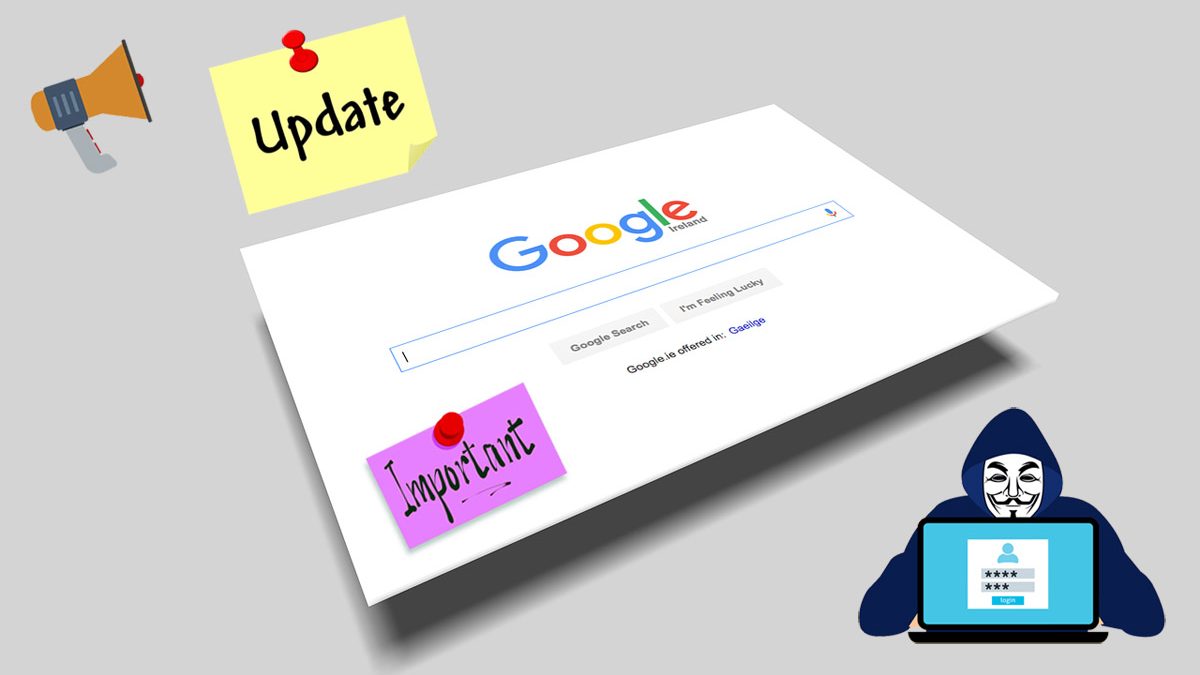Here are the Key Points from the provided context on Google’s March 2024 Core Update and New Spam Policies:
Table of Contents
Toggle1. March 2024 Core Update – Key Points:
– The update is focused on showing less clickbait content and more useful content.
– It involves changes to multiple core systems and aims to improve the quality of search results by displaying helpful content.
– The update is more complex than previous ones, and rollout may take up to a month, leading to fluctuations in rankings.
– No specific actions are required from creators as long as they continue to produce high-quality, people-focused content.
2. New Spam Policies:
– Google introduced three new spam policies: expired domain abuse, scaled content abuse, and site reputation abuse.
– Content creators are advised to avoid practices that manipulate search rankings, as violating these policies can lead to lower rankings or removal from search results.
– Systematic practices like expired domain abuse and scaled content abuse, aimed at manipulating search results, are strictly discouraged.
– Site owners receiving spam manual actions can apply for reconsideration via their Search Console account.
3. Expired Domain Abuse:
– Expired Domain Abuse Involves repurposing expired domain names to manipulate search rankings.
– Domains previously used for certain niches may be repurposed with irrelevant content to exploit the domain’s reputation.
4. Scaled Content Abuse:
– Scaled Content Abuse mainly Focuses on creating large volumes of low-value, unoriginal content solely for manipulating search rankings.
– This can involve the use of automation, human efforts, or a blend of both.
5. Site Reputation Abuse:
– Site Reputation Abuse Occurs when third-party pages are published without proper oversight, solely to capitalize on the host site’s ranking signals.
– This practice is aimed at manipulating search rankings by leveraging a reputable site’s authority.
6. View on AI Content in Spam:
– Google’s spam policy considers the use of automation, including generative AI, as spam if used to manipulate search rankings.
– The updated policy emphasizes that creating content at scale for the purpose of manipulating rankings is considered abusive.
7. Site Ranking Signals:
– Google primarily focuses on page-level signals to rank individual pages but considers some site-wide signals.
– Third-party reputation or authority scores for sites are not Google’s signals.
8. Coupon Areas and Third-Party Content:
– Publications hosting coupon areas and actively involved in producing them are not considered spam.
– The focus is on ensuring content producers creating valuable content succeed in search.
These key points summarize Google’s March 2024 core update and new spam policies, which aim to improve search quality and combat manipulative practices.
FAQ’s
What is Clickbait Content?
Clickbait content refers to online material, such as headlines, thumbnails, or teasers, designed to attract attention and encourage clicks through sensationalized or misleading information. These pieces often exaggerate or misrepresent the content to generate curiosity and entice users to click through to the website. The primary goal of clickbait is to drive traffic to a webpage, often resulting in higher view counts or ad revenues. Still, it can lead to user dissatisfaction when the content fails to deliver the promised excitement or relevance. Many platforms and search engines discourage clickbait as they prioritize providing users with genuine, valuable, and accurate content. More FAQ’s
Shashi Teja
Related posts
Hot Topics
What is Kafka Used For: A Complete Guide
What is Kafka used for? If you’ve been diving into the world of distributed systems, microservices, or data streaming, you’ve…
How Do Password Managers Work? The Guide That Finally Makes Sense
Ever wonder how do password managers work and whether they’re actually safe? I get it. The idea of putting all…



